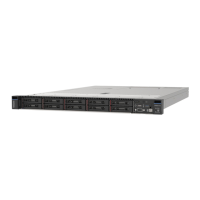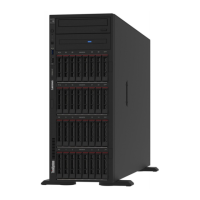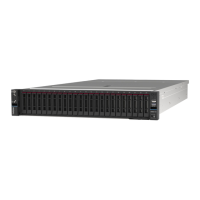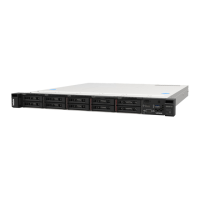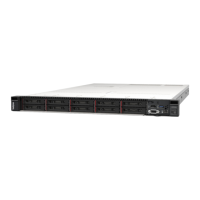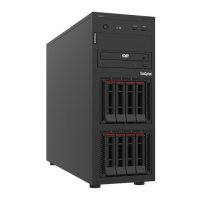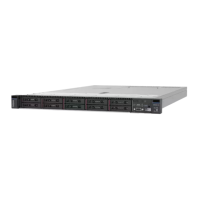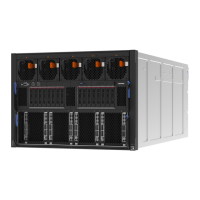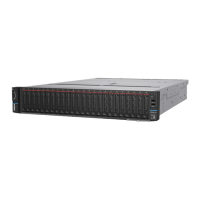Chapter 1. Introduction
Lenovo ThinkSystem SD530 V3 (Types 7DD3 and 7DDA) is a dense and economical two-socket node in a 1U
rack form factor. Combining the efficiency and density of blades with the value and simplicity of rack-based
servers, SD530 V3 delivers a cost-efficient scaleout platform that is thermally designed to deliver maximum
performance in the smallest footprint. The system consists of a 2U D3 Chassis (Types 7DD0 and 7DD7)
containing up to four SD530 V3 nodes, all with front access. Each node incorporates two fifth-generation
Intel Xeon Scalable processors. SD530 V3 is well suited for workloads ranging from cloud, analytics to AI and
high-performance computing application like Computer Aided Engineering (CAE) or Electronic Design
Automation (EDA).
Features
Performance, ease of use, reliability, and expansion capabilities were key considerations in the design of
your system. These design features make it possible for the user to customize the system hardware to meet
the needs today and provide flexible expansion capabilities for the future.
Chassis feature
• Redundant optional power capabilities
The chassis supports up to three 1300-watt, 1600-watt, or 2700-watt hot-swap CRPS AC power supplies,
which provide redundancy.
Important: Power supplies and redundant power supplies in the chassis must be of the same brand,
power rating, wattage, or efficiency level, with the same latch color.
• Chassis management
The chassis midplane with PSoC (Programmable System on Chip) allows monitor and management of
nodes and power supply units in the chassis. A chassis caretaker node is selected by the PSoC
firmware for chassis management.
For the management interface, see
https://pubs.lenovo.com/lxcc-overview/. In XCC, certain management
functions can only be performed by the caretaker node, whereas other functions can be performed by all
nodes.
Function
Caretaker node
1
Other nodes
– Supported: ✔
– Unsupported: X
PSoC firmware update
✔ X
© Copyright Lenovo 2024 1
1. By default, the caretaker node is automatically selected by the PSoC firmware on the chassis midplane, unless
otherwise designated.

